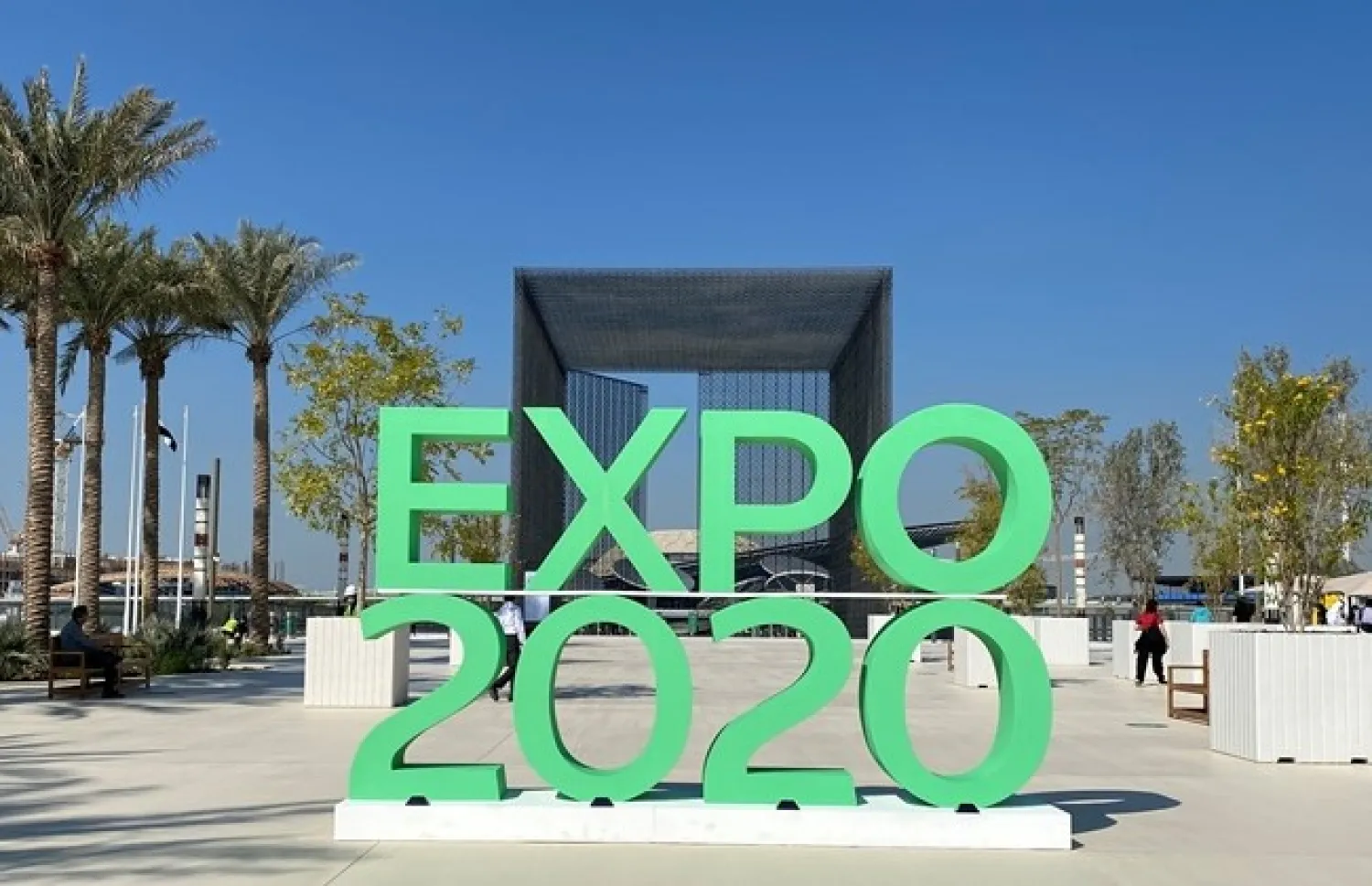Israel and the United Arab Emirates, which normalized relations a year ago, are looking to Dubai's Expo world fair in October to boost bilateral trade, which now stands at around $712 million, Reuters reported.
Israel is aiming for $3 billion in three years, it said this week on its Arabic-language Twitter account.
In September, the UAE and Bahrain both inked US-brokered deals to establish ties with Israel, followed by Sudan and Morocco.
The bulk of trade between the UAE and Israel, which have similar GDPs of around $400 billion, has involved imports from the Gulf's dominant logistics and re-export hub, including plastics, electronics, auto parts and gems.
Israel recorded $457 million of imports from the UAE between January 2020 and June this year, and $255 million in exports to the UAE, its Central Bureau of Statistics said.
Dubai, which contains the region's largest transhipment port at Jebel Ali, said in January that bilateral trade since September 2020 stood at $272 million.
Zeev Lavie of the Israeli Chambers of Commerce (FICC) said normalization had expanded Israeli trade within the wider Middle East via the UAE. "We're becoming much more regional," he said.
Abdulla Baqer of the UAE-Israel Business Council expects major deals on logistics, medicine and start-up incubation this year.
Israel has said it plans to open an economic attache office in Abu Dhabi this summer, and the UAE and Israel have been discussing a Free Trade Agreement.









